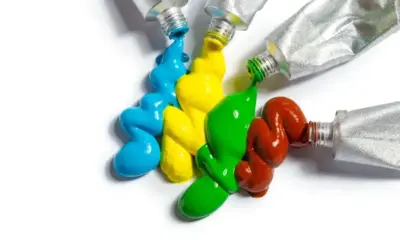Breastfeeding & Baby Feeding
Breastfeeding a Teething Baby: What Parents Need to Know

Breastfeeding during teething can be a challenge for both babies and parents. When those tiny teeth start pushing through, they can cause discomfort and change nursing behavior. A breastfeeding teething baby may become more fussy or refuse to latch due to sore gums. Yet, with the right approach, you can get through this stage with minimal stress.
Recognizing the Signs of Teething
Between four and seven months, many babies begin to show signs of teething. These include:
- Drooling more than usual
- Swollen or red gums
- Chewing on toys, fingers, or clothing
- Trouble sleeping or general fussiness
- Rashes around the chin and cheeks
While teething is common, monitor your child’s temperature. A fever over 104°F may suggest illness rather than teething.
How Teething Affects Breastfeeding
Teething can increase or decrease your baby’s interest in breastfeeding. Some babies nurse more for comfort. Others may nurse less because of mouth soreness. During this period, you may notice extra drool causing nipple irritation.
Thankfully, babies cannot bite while actively sucking. Their tongues protect the breast during proper latching. However, they might bite when releasing the nipple at the end of a feed.
Stay alert to your baby’s cues. Their changing habits usually reflect discomfort, not a rejection of breastfeeding.
Managing Discomfort While Nursing
Breastfeeding a teething baby doesn’t need to be painful. Try these tips to make nursing easier:
- Let your baby gnaw a cold teether before feeds
- Massage their gums with a clean finger
- Offer safe pain relief like infant Tylenol (if over 6 months old)
- Adjust positions to reduce nipple soreness
- Don’t force nursing—express milk if they won’t latch
Avoid gels containing benzocaine, which are unsafe for babies under 2. Instead, stick to natural and doctor-approved remedies.
Handling Baby Biting During Feeds
If your baby bites, calmly say “no” and remove them from your breast. Then offer a teether instead. Over time, they will learn that biting ends the feeding session.
You can also use soothing nipple cream to help heal minor injuries. Just ensure it’s safe for babies before applying.
Should You Stop Breastfeeding?
Breastfeeding during teething is safe and still beneficial. You do not need to wean your baby unless you feel ready. With patience, most babies adjust and continue nursing without discomfort.
Their biting and irritability are temporary phases. If you’re concerned or need extra support, reach out to a lactation consultant or local breastfeeding group.
Final Thoughts
Although breastfeeding a teething baby comes with challenges, you can get through it with preparation and support. Use teething aids, adjust your routine, and stay calm. Soon, your baby will pass this stage and return to comfortable nursing.
Explore more parenting tips and baby health news right here on our website!












